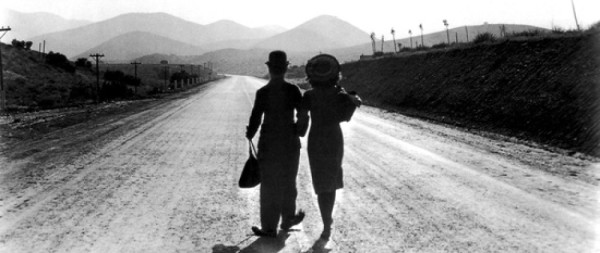All That Jazz
Directed by Bob Fosse
Written by Robert Alan Arthur and Bob Fosse
1979/US
IMDb page
Repeat viewing/DVD
One of 1001 Movies You Must See Before You Die
Joe Gideon: [to God, while wandering the hospital after surgery] What’s the matter? Don’t you like musical comedy?
Roy Scheider is amazing in Bob Fosse’s unique semi-autobiographical musical.
Joe Gideon (Scheider) is a speed-dropping, hard drinking, womanizing genius. He has no morals but he sure can choreograph and direct.
As the film begins, Joe is visited by Angelique, the Angel of Death (Jessica Lange, all in white). She is mercilessly truthful with Joe about his many vices but principally his constant lying and game playing.

Joe has a new movie called The Standup waiting to premiere (an obvious reference to Fosse’s Lenny (1974). He is also casting for a new Broadway musical. We watch that production go from audition to sometime in the middle of rehearsals. We see some elaborate numbers being choreographed. We never really learn what the musical is about because the plot of the actual film is about Joe’s last weeks before his death.
Joe is constantly accompanied in his delirious substance fueled reveries by ex-wife Audrey (Leland Palmer), girlfriend Kate Jagger (Ann Reinking), bimbo Victoria (Deborah Geffner), and daughter Michelle (Erzsebet Foldi). He has treated all these ladies very badly.
Joe continues to abuse his body in every way possible until he has his inevitable heart attack. With Ben Vereen as a sort of MC.

I last saw this on original release when it was all a little bit too weird for me. This time I loved it! It’s a great film that wraps brilliant choreography, biting wit, and something to think about in one spectacular package. All the actors are great but I have a special affection for Jessica Lange. And Scheider is a phenomenon. He’s good in every movie he is in and here he has a chance to lay it all on the line. Recommended.
All That Jazz won Oscars for Best Art Direction – Set Decoration, Best Costume Design, Best Film Editing, and Best Adapted Score. It was nominated for Best Picture, Best Actor, Best Director, Best Original Screenplay and Best Cinematography.


























